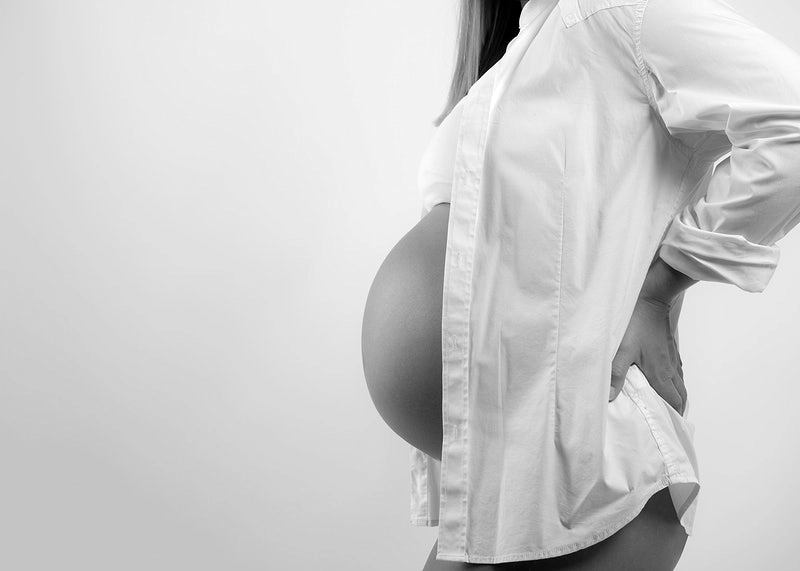
Raw Honey is Safe In Pregnancy
Yes, you can! As long as you’re eating honey that’s pure, clean and unpasteurized, raw honey is at least as safe as pasteurized honey. Unlike raw dairy, raw meat or raw vegetables, you can’t get infections or food poisoning from raw honey.
In Summary (click to go to section):
You can use coupon code PregnancySafe for 10% off (on orders up to $110) the next time you buy raw honey online from us.
Pasteurization of honey has never been about food safety
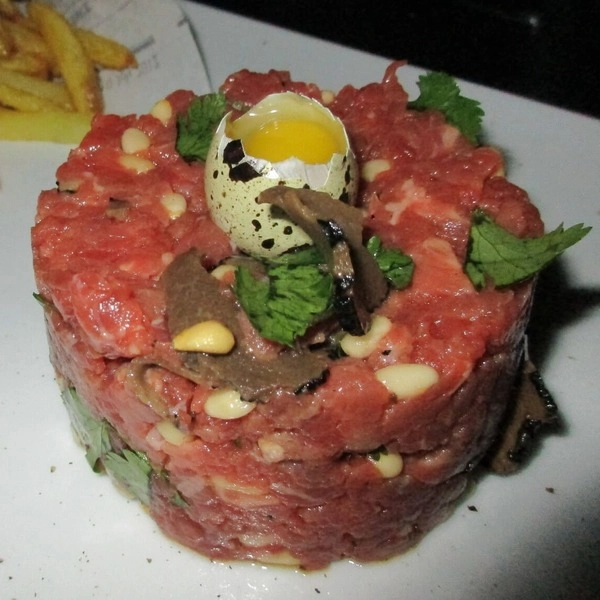
Raw honey is as safe as pasteurized honey
There’s a good reason you never hear about raw honey leading to disease outbreaks. The reason is that raw honey never leads to outbreaks. Raw honey is likely the safest natural food out there. All raw honeys (not only manuka honey) have remarkable antibiotic properties that kill virtually all disease-causing bacteria. The world-renown Mayo Clinic has this to say (click to view on Mayo Clinic blog – you may need to scroll down) on the risk of eating raw honey1:
“’Pasteurization’ of honey actually has no technical meaning, and heating honey doesn’t provide any food safety advantage. Producers may heat honey to keep it from crystallizing but there is nothing safer about honey calling itself ‘pasteurized’ honey versus ‘raw’ honey.
Therefore, you will not find any research or government advice indicating the need for immune compromised patients to use ‘pasteurized’ honey. Food-borne pathogens actually do not survive in honey, so there is no additional risk in consuming it raw. [emphasis is mine]”2
Harmful bacteria cannot grow in raw honey
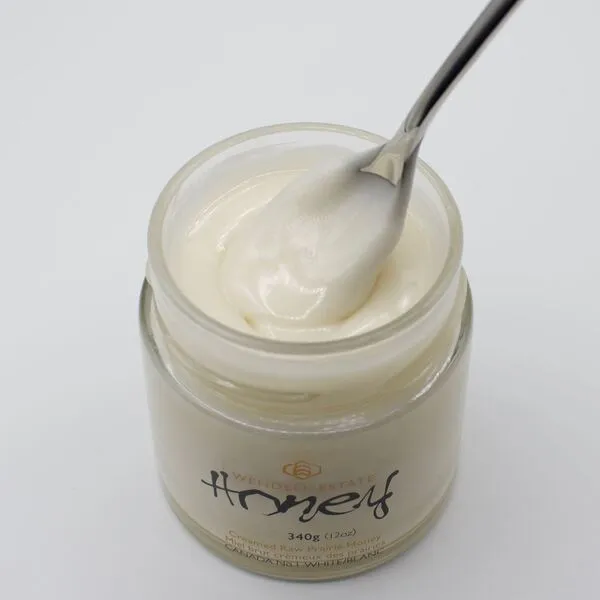
It’s well-known that raw honey is healthier for you than processed, pasteurized honey since raw honey has more of the natural enzymes, flavonoids, and polyphenols which confer health benefits undiminished by the heating process of pasteurization. Any raw honey also has potent anti-bacterial and anti-fungal properties that prevent harmful bacteria and fungi from growing in it. These properties are diminished when honey is pasteurized, so raw honey is probably safer to eat than processed honey3. It’s also more difficult to detect adulteration with sugar syrups or illegally imported honey that may be contaminated with antibiotics or environmental pollutants in processed honey than in raw honey.

Neither adults nor fetuses can get botulism from raw honey
But what about botulism in children? Isn’t that a food-borne bacterial illness? Yes, infants under one year of age are at risk of developing infant botulism if they eat honey. However both fetuses and anybody older than one year of age are fully protected from infant botulism.
Infants’ intestines are not yet fully colonized by normal gut microbiota (healthy bacteria) so there is a small risk that if an infant consumes (raw or pasteurized) honey that contains C. botulinum spores, the spores may activate and grow in the infant’s intestines, slowly releasing their toxin. Unlike infants, adults’ intestines have been colonized by bacteria since before their first birthday. The healthy bacteria in older children’s and adults’ intestines prevent C. botulinum spores from growing in them. Raw honey is increasingly considered a “pre-biotic” that is conducive to nourishing healthy bacteria in the gut.
Food-borne botulism that adults can get is a different beast. Food-borne botulism is a serious and potentially fatal condition that develops after consuming rotten food that is contaminated with large doses of botulin toxin. C. botulinum can thrive in some improperly prepared, stored or packaged foods, releasing large amounts of toxic botulin toxins (this is the same toxin used in botox injections). You cannot get food-borne botulism from raw honey because Clostridium botulinum spores cannot grow or produce any toxins at all while in raw honey.
Pasteurizing honey does not kill the hardy C. botulinum spores that may be present in raw honey so infants younger than a year should not eat any honey.
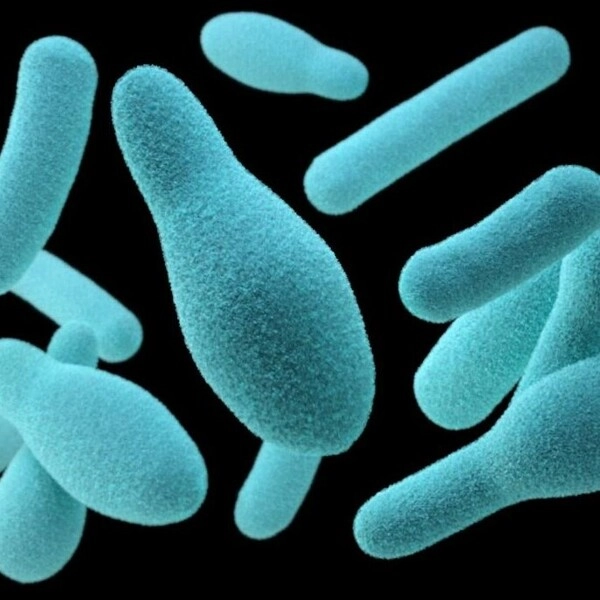
Honey and Diabetes
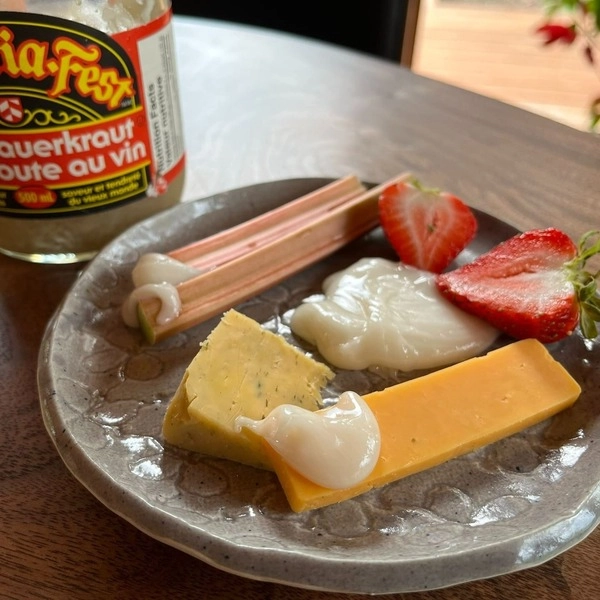
Honey should only be consumed very cautiously by pregnant women with or at risk for diabetes or impaired glucose tolerance. The hormonal changes in pregnancy can cause some normally-healthy women to develop gestational diabetes during pregnancy. Like other forms of diabetes, the body does not regulate blood sugar levels appropriately in gestational diabetes (also called “diabetes of pregnancy”). Prolonged high blood sugars can have adverse effects on the developing fetus. A pregnant women with any form of diabetes, or at risk of developing gestational diabetes should monitor her blood sugars in consultation with their physician.
Honey is a carbohydrate and eating honey can impact blood sugar levels in people with any form of diabetes. However, eating honey does not increase your chance of developing diabetes. On the contrary, there is strong evidence that eating honey (especially if honey replaces processed sugars in the diet) reduces the chance of developing diabetes. Honey has a lower glycemic index than processed sugars and does not cause the same insulin or blood sugar spikes that eating processed sugars does.

Notes:
- The Mayo Clinic was referring to immune compromised individuals who are at higher risk of developing infections here, refuting the idea that immune compromised individuals should avoid raw honey. However, the point that food-borne pathogens do not survive in honey is relevant to pregnant women. Immune compromised individuals are at greater risk from food-borne pathogens that those of us with normally-functioning immune systems. There seems to be new evidence emerging that eating raw honey may in fact boost the immune system.
- The assertion that food-borne pathogens cannot survive in honey seems to contradict the well-known fact that honey may contain Clostridium botulinum I think the two statements can be reconciled when one considers that spores are not metabolically active. They only become a pathogen when they emerge out of the inert spore state in an infant’s intestine. The C. botulinum bacteria form spores in honey precisely because they (the active bacteria) cannot survive in raw honey.
- Subtle but important distinction: “healthy” refers to food having components that contribute to good health, while “safe” refers to an absence of substances that may harm your health. The enzymes, polyphenols and aromatic compounds that give honey it’s pro-digestive, anti-inflammatory, anti-oxidant and other health benefits are what makes honey healthy to eat. The antibiotic properties of honey that prevent toxic bacteria from growing in it and producing toxins make it safe to eat.
You can use coupon code PregnancySafe for 10% off (on orders up to $110) the next time you buy raw honey online from us.
Just to be clear, it’s not only our honey that’s safe in pregnancy, it’s any natural honey that’s not adulterated with sugar syrups or contaminated with toxins. Our honey just happens to be so fresh and delicious it will likely change how you think of honey. Our honey has been tested repeatedly and is 100% free from antibiotics, heavy metals, pesticides, sugar syrups and other nastiness.
Jeremy Wendell
Share this story

4 comments
[…] of honey is done only to extend the shelf life and prevent fermentation: it adds nothing to safety. Here’s a detailed explanation of raw honey’s safety in pregnancy, which agrees with the world-renown Mayo Clinic’s assessment of raw honey’s […]
[…] Producers may heat honey to keep it from crystallizing but there is nothing safer about honey calling itself ‘pasteurized’ honey versus ‘raw’ honey. Therefore, you will not find any research or government advice indicating the need for immune compromised patients to use ‘pasteurized’ honey. Unlike raw honey, raw salad poses a non-zero risk of infection View complete answer […]
Thanks for the lesson learnt
Thank you for the comment, Faith. I’m happy that you find the information useful. Of course, each individual must decide what she is comfortable eating during pregnancy, but I have noticed a lot of misunderstanding on this topic on the internet. All the best!